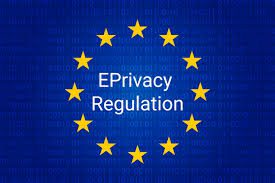ePrivacy: Romanian Presidency moving forward

The Romanian Presidency of the Council is moving forward with the ePrivacy file. The Telecommunication working group (TELEWG) of the Council has met on the 12th and 14th of March to discuss the file. Now that the review of the Public Sector Information Directive and the Platform to business proposal are done, the Working group can focus on the ePrivacy. The Romanian Presidency seems to be hoping to send the file from the TELEWG to COREPER for an agreement by late Spring. However, there are still a number of issues where Member States haven’t reached an agreement.
During the 2 meetings last week, the discussion have focused on browser privacy settings as well as the role of the regulatory authority, and the need for coordination with Data Protection Authorities, in the case where DPA would not be main regulatory authority for the enforcement of the ePrivacy Regulation in some member States. ON the latter, the EDPB has published earlier this week a new opinion on the relation between GDPR and ePrivacy regarding the competence of DPAs, which has given plenty of food for thoughts to Member States. With regard to privacy settings in browser, or any software providing access to the internet, the latest text on the table continues to suggest the deletion of article 10. There is still no consensus behind this approach, which is quite the opposite to the one taken by the European Parliament. However, Member States have discussed changes in recitals to encourage browser and other software provider to offer user friendly and transparent privacy settings in order to help them manage their consent by easily setting up and amending whitelists and withdrawing consent at any moment.
Prior to the last Telecom Council of Minister which took place in Bucharest, FEDMA, together with 10 other associations send a letter to the Romanian Presidency of the Council and to all Member States calling for a new impact assessment of the ePrivacy files, identifying the need to take into consideration latest technological development, as well as the concrete implementation of the GDPR among other issues.

